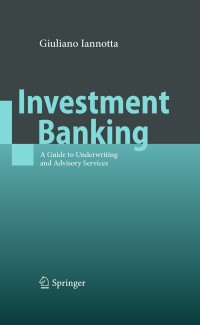Question
1. When a person earns interest income, he does so because he is: A. stealing. B. providing a service. C. taking advantage of market inefficiencies.
1. When a person earns interest income, he does so because he is:
A. stealing.
B. providing a service.
C. taking advantage of market inefficiencies.
D. adding value.
2. When a person tries to find a bargain at a garage sale so he can sell it for a higher price on eBay or some other venue, he is:
A. taking advantage of market inefficiencies.
B. providing a service.
C. stealing.
D. gambling.
3. When a person earns income through a dishonest manipulation of markets, providing buyers with false or misleading information, trades financial assets with the benefit of insider knowledge, or convinces investors to unknowingly buy into pyramid schemes, he is earning his money by:
A. providing a service.
B. stealing.
C. taking advantage of market inefficiencies.
D. adding value.
4.Which of the following investment opportunities produces the highest rate of return on a $10,000 investment? (After the third year, you get your $10,000 back -- guaranteed!). Assume that inflation is 3%, one-year Treasury Bonds pay 5%, investment grade corporate bonds pay 7% and junk bonds pay 10%.
A. A deal that pays $650 in all three years.
B. A deal that pays $2,000 in the third year, but nothing in years 1 & 2.
C. A deal that pays $400 in the first year, $500 in the second year and $1,000 in the third year.
D. A deal that pays $1,500 in the first year and $200 in both the second and third years.
5. Why do bonds issued by the federal government pay a lower interest rate than bonds issued by, say, Intel Corporation.
A. This statement is not true. The bonds issued by the federal government pay an interest rate that is higher than the rate paid by large corporations.
B. The bonds of the federal government come with an extremely low (virtually non-existent) cost of default block for the lender.
C. This statement is not true. The bonds issued by the federal government pay an interest rate that is very close, if not identical, to the rate paid by large corporations.
D. Buyers of treasury bonds are more patriotic than other investors and therefore don't require that the federal government pay them as much as a corporation or other profit oriented entity.
Step by Step Solution
There are 3 Steps involved in it
Step: 1

Get Instant Access to Expert-Tailored Solutions
See step-by-step solutions with expert insights and AI powered tools for academic success
Step: 2

Step: 3

Ace Your Homework with AI
Get the answers you need in no time with our AI-driven, step-by-step assistance
Get Started


